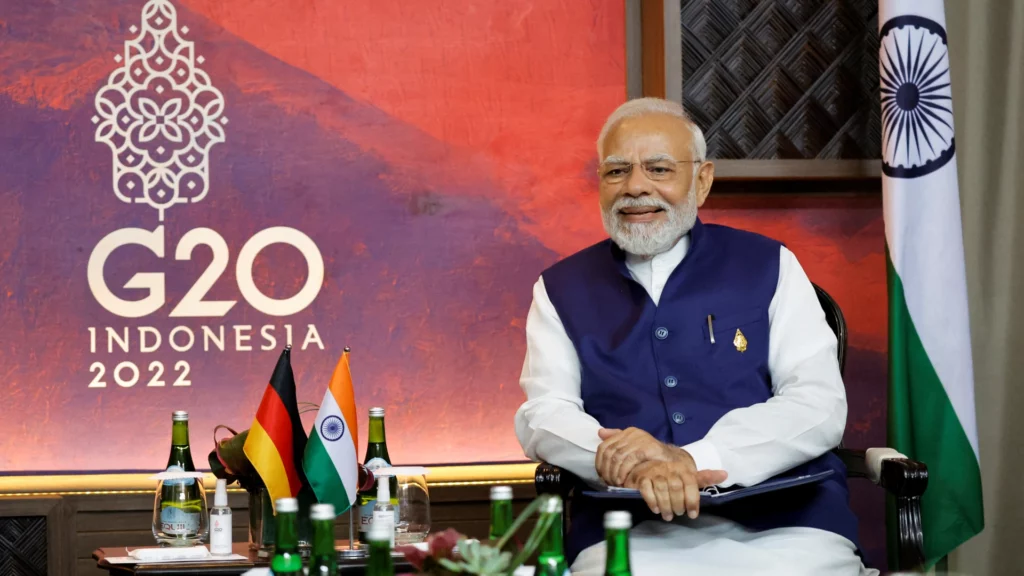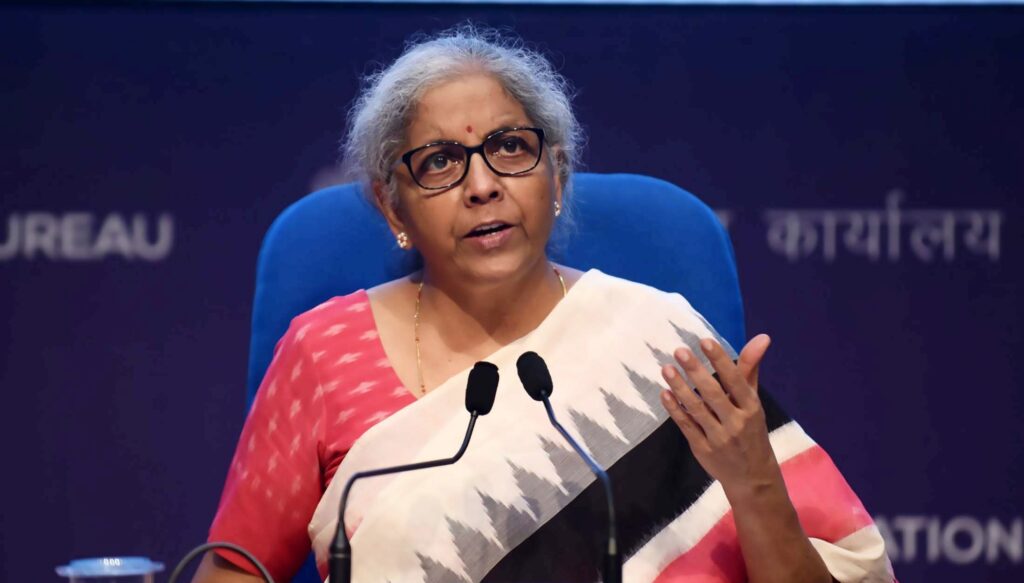India, for the first time since assuming the G-20 presidency, has disclosed official details about the progress of regulating cryptocurrency in the country. Shri Ajay Seth, the secretary of India’s Department of Economic Affairs mentioned that the IMF is working on a paper alongside India that will focus on “aspects of the monetary policy and the policy approach to crypto assets.”
Seth disclosed that the IMF led a meeting with representatives of developing economies in January to discuss the content of the paper. The information confirmed reports regarding the IMF’s role in the G20’s crypto-related discussions.
He also said there would be a 135-minute seminar on crypto assets on the policy response during a G-20 meeting later in February for which the IMF is preparing the finalized paper that will serve as the basis for this seminar.
 On the 1st of December 2022, India became president of the Group of 20 (G-20) – the intergovernmental forum of the world’s 20 largest economies, including the European Union as a bloc, granting it the authority to shape the organization’s agenda. On the day before India assumed this position, its finance minister, Nirmala Sitharaman stated that crypto asset regulation would be a top priority
On the 1st of December 2022, India became president of the Group of 20 (G-20) – the intergovernmental forum of the world’s 20 largest economies, including the European Union as a bloc, granting it the authority to shape the organization’s agenda. On the day before India assumed this position, its finance minister, Nirmala Sitharaman stated that crypto asset regulation would be a top priority
Finance Minister Nirmala Sitharaman confirmed on February 3rd, 2023 that the government is working towards establishing a global standard operating procedure (SOP) for regulating crypto assets. The SOP is expected to be presented at a meeting of G-20 Finance Ministers and Central Bank Governors later in the month.
 Finance Minister Nirmala Sitharaman has emphasized the need for a collective effort to regulate digital assets created using advanced financial technologies, stating that no single country can regulate them independently. She acknowledged the central bank as the authority for issuing cryptocurrencies but emphasized that other assets created outside the bank’s purview must also be addressed. Sitharaman noted that technology does not recognize borders, making a coordinated effort across nations necessary for effective regulation.
Finance Minister Nirmala Sitharaman has emphasized the need for a collective effort to regulate digital assets created using advanced financial technologies, stating that no single country can regulate them independently. She acknowledged the central bank as the authority for issuing cryptocurrencies but emphasized that other assets created outside the bank’s purview must also be addressed. Sitharaman noted that technology does not recognize borders, making a coordinated effort across nations necessary for effective regulation.
India’s stance on the legality of cryptocurrencies has been very clear ever since it levied stiff taxes in 2022 but did not declare cryptocurrencies legal.
When India’s finance minister was questioned about how a government can tax something that it does not recognize as lawful, she responded, “I don’t wait till regulation comes into place for taxing people who are earning profits.” The question of legality will come only if something is declared illegal. Crypto assets are not illegal in this country,” she explained.
The Indian government has been holding onto its draft bill for regulating cryptocurrencies because it wanted to wait for global consensus. “We had prepared a bill (which) went through internal discussions. Thereafter there was a consensus that we have to deal with it at the global level,” Seth said.
In terms of crypto policy, what’s next for India, according to Seth, is to move the IMF paper from the G-20 consensus to the Financial Stability Board’s working group on crypto assets, and then “all countries put together” because crypto is an asset class that can be traded internationally and as a result “it requires all countries” to accept the policy.










